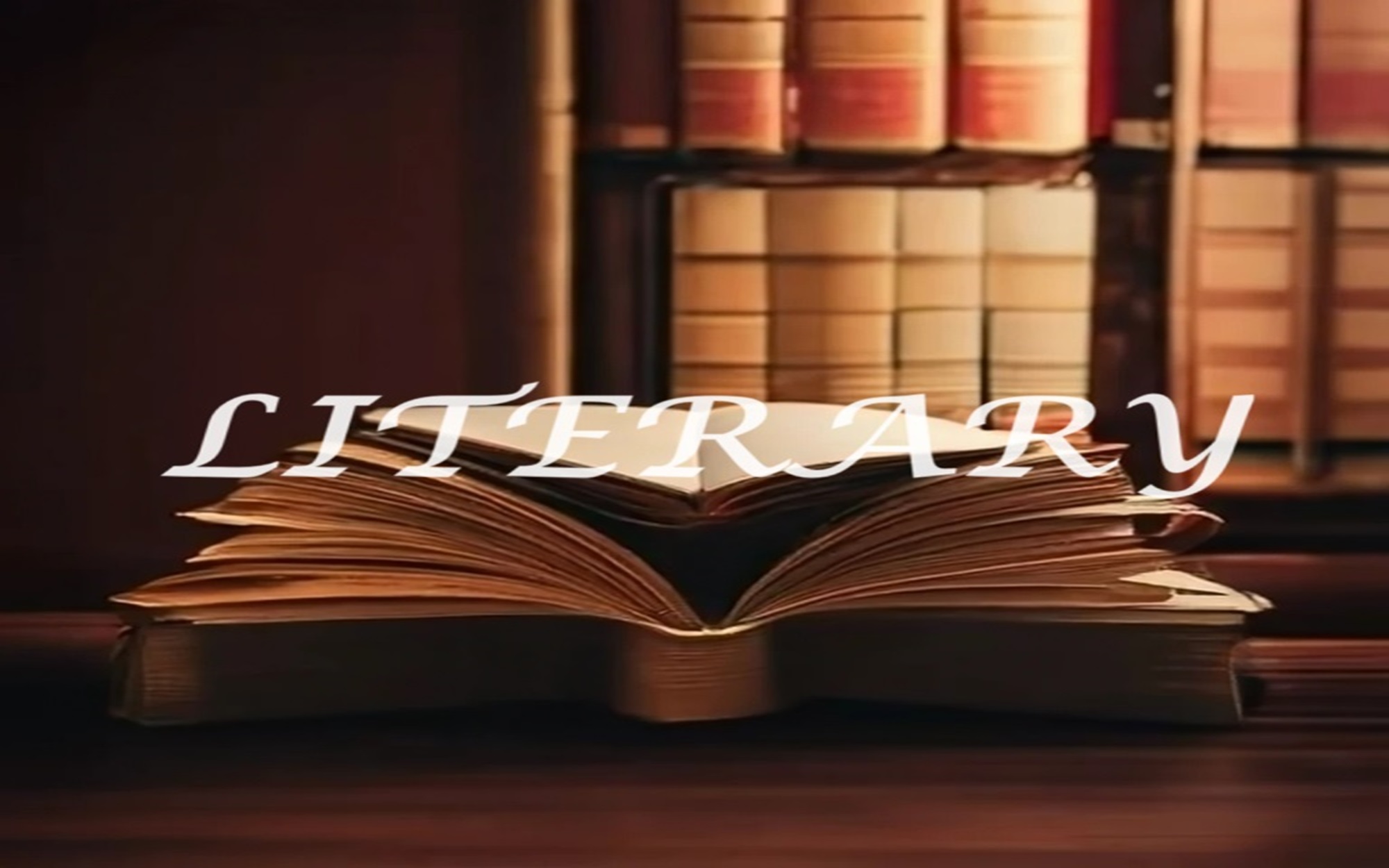What is the most crucial factor that helps to forge a literary masterpiece? The answer to this question is a strong, effective word selection journey. Yes, word choice is the determining factor in crafting a captivating text.
However, becoming a wordsmith is not a child’s play. Various challenges make this word selection process difficult, even sometimes utterly confusing. But overcoming those difficulties is possible with a proper, meaningful approach. Yes, a proper resolution is achievable.

Several relevant steps can successfully help overcome the hurdle of the word selection challenge. The first and most effective step is to maintain and remain engaged in the habit of tenacious writing. It is undeniably true that consistently nurturing a large number of words, idioms, and terms is highly impactful. It boosts the process of finding the right words for selected ideas. In short, tenacity or consistency in writing is the prime key to obtaining a robust understanding and then exploring the required proper words.
Now, writing alone can’t become meaningful and purposeful. This initiative becomes more forceful and potent with every attempt to search for and find new ideas. Yes, pertinent ideas are essential for constructing a solid platform to begin the journey of writing. Moreover, to shape the idea with excellence and to make it captivating, expression emerges as a genuine factor.
Artistic expression is essential in order to forge a literary masterpiece. And artistry in writing is possible only through perfect word selection. Honestly, a wordsmith is only capable of producing that expression.
Now, to become a wordsmith, conceiving more impactful ways is necessary, as it helps to build a rich artistic expression that can boost this procedure. Some writers consider visual inspiration impactful and more effective in the journey of conquering all the word choice difficulties. That is true. Eyes always unlock the inbox of inspiration and courage. They compel a writer to choose and pick up the best terms to express the vision that he swallows through his eyes.
The poems of William Wordsworth or the short stories of W.S. Maugham are the best instances that show how these authors’ visions mesmerize readers with a clear view of nature and human instinct. One can easily understand that practical vision and profound insight are hugely responsible for sculpting such literary masterpieces.
An updated, rich, and improved vocabulary is another essential factor in fighting against the limitations and restrictions often visible in word diversity. Everyone knows that vocabulary plays an important role in designing a noteworthy text, and learning is the only route that helps enrich the glossary dwelling in human minds.
Acquiring a robust wordbook is not only a day’s work. It requires hard work, patience, and tenacity for continuous learning. In reality, this process boosts the volume of a limited vocabulary. The important thing is that this continuous edification and enlightenment, on the one hand, boosts the human glossary and, on the other hand, refines and improves penmanship. That means it helps a person become an honest wordsmith.
Another significant step to overcome the word selection challenges involves discussing with trusted peers and acquiring their opinions. It helps a writer understand what words should be his choice. Sometimes obtaining thoughts from others or sharing ideas with other people reveals the right path to follow in order to craft an excellent literary piece.
Some people also suggest that practicing the habit of revising drafts is a wonderful way to erase or eliminate all the errors from writing. It confirms the detection of the existing invisible flaws and ensures proper filtering of the word selection journey. Without doubt, this practice makes the writing quality better. Almost every responsible author follows this process to make their writing error-free and appealing.
Without any argument, one can say that word selection, especially on paper, is indeed a challenging task. Honestly, it requires the most effective and solid foundation for expression. In truth, it is only possible by surpassing all the accessible boundaries involving the best learning and writing artistry. That means merely acquiring information from books is not enough to enrich or boost the wordbook that keeps breathing in human minds. In truth, practical wisdom and deep insight are essential in order to emerge as a real wordsmith.
Importantly, artistic writing or navigating the word selection challenges to address a literary composition is possible only when real and practical skills become associated with genuine emotion. That means penmanship manifests the best word selection power when emotions appear with the most influential perceptions.

One undeniable truth is that crafting brilliance is not a simple matter. Several experts may offer their opinions regarding how to address this issue. But, in real life, a person can become a true wordsmith only through his own experiences. Forging a masterpiece needs patience, learning, tenacity, practice, and perfection. And when the question revolves around a literary text, the challenges are much higher compared to other arenas.
Ink and insight don’t automatically walk together. A clean, robust perception can be a friend of penmanship, but only when it meets with the most suitable words. Furthermore, when the two meet, a strong bonding happens between them. As a result, the platform for literary excellence becomes prominent. And once the required construction becomes visible, the art of verbal tapestry proceeds with a robust touch of excellence and perfection.
In short, one can produce a wonderful piece of writing by maintaining a balanced word choice option that involves expressing potential and smooth accessibility for the readers.
Also read:
Is Pleasure Without Moral Intent the Key Purpose of Shakespeare’s Literary Craft?



